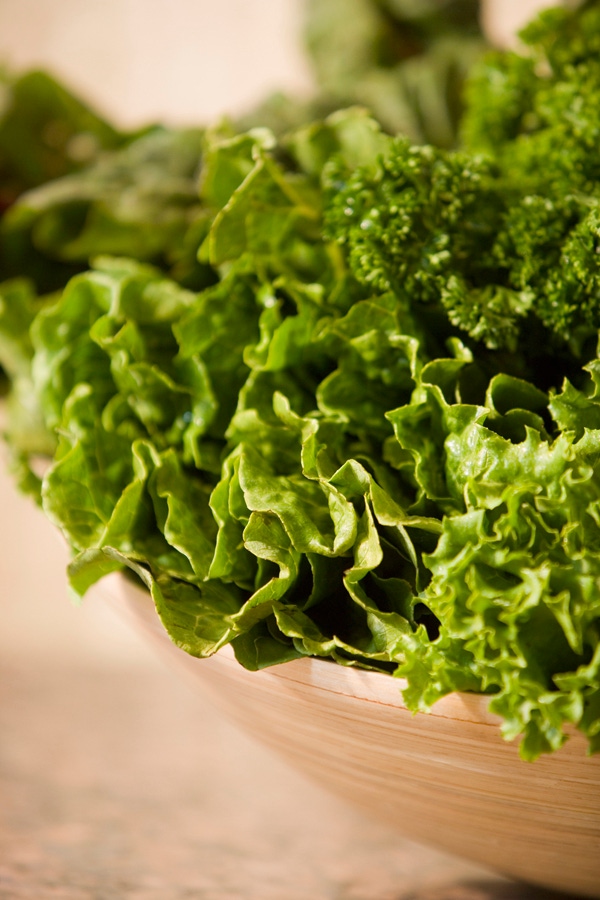FDA's failure to address cattle feeding operations in its new leafy greens plan is a major oversight.
March 15, 2020

The Food & Drug Administration recently released its new “plan” to make lettuce and other leafy greens safer. It can be read in its boring entirety at: fda.gov/food/foodborne-pathogens/2020-leafy-greens-stec-action-plan.
To call the plan’s vague references to vague actions earth changing is a stretch.
Specifically, the failure to address the cattle feeding operations that abut the leafy greens farms in any detail is a farce.
The great E. coli O157:H7 outbreak involving spinach in September 2006 should have been a wake-up call for change. It changed nothing.
In that outbreak, over 276 persons had confirmed illnesses from contaminated spinach, half were hospitalized, 31 developed Hemolytic Uremic Syndrome and three died.
Investigations found the same strain of E. coli in an Angus feedlot nearby and in a creek between the fields and the CAFO.
In addition, feral pigs were found to be contaminated with the same strain and had invaded the spinach fields for some fine dining. (I was told during that time that no fence can keep a feral hog from fresh produce).
Since that eye-opener, 40 E. coli outbreaks associated with leafy greens have been documented between 2009-2018.
Frank Yiannas, deputy commissioner for food policy and response at FDA, says: “We are working on how to work with the U.S. Department of Agriculture to review these issues” when asked about adjacent feedlots and farms.
Not we are working WITH the USDA, but “working on HOW to work with the USDA.”
This is 14 years after the spinach outbreak that killed three was epidemiologically linked to a feedlot.
The FDA plan says “more focus and work are needed to better understand how to evaluate and mitigate potential hazards” associated with adjacent land use, particularly land use involving livestock production.
Whenever you pursue the root cause of E. coli contaminated produce, you will eventually bump into a cow. It is pretty clear to me that there is a link to all the recent E. coli laced Romaine lettuce outbreaks and nearby animal operations.
What is not clear to me is the foot dragging by the government to make our lettuce and other leafy greens safer.
And before someone blows a gasket, this is not an anti-CAFO blog or anti-meat blog.
I simply do not want feedlots and leafy greens farms sharing water supplies or even the air blowing contaminated dust around or letting four-legged animals migrate from the E. coli tainted feedlot to dine on the tasty leafy greens.
I added Romaine lettuce to the things I won’t eat a couple of years ago, and since I can’t cook Romaine lettuce, it will remain on that list along with raw oysters, raw milk and sprouts until they get this figured out.
Consumer Reports spokesperson James Rogers said, “This proposal is a decent start. While it outlines areas where testing and surveillance need to improve, nothing in it seems to involve actual regulation and it doesn’t offer much in the way of specifics, nor a guideline for when the various steps that are supposed to make consumer safer will be implemented.”
Amen to that.
In several outbreaks, the irrigation water was found to have the same E. coli strain as was found in the ill humans.
The Food Safety Modernization Act of 2011 laid out water-testing rules.
Those rules were to take effect in 2018 but they are now postponed until 2022. Bureaucracy at its worst.
I know; it’s complicated.
But producers should feel an obligation not to make their customers sick.
And if that means moving their fields or putting up stone walls and testing their water used for irrigation every single day, so be it.
USDA and industry test the heck out of ground beef and have made it safer.
During the same time period leafy greens have become more dangerous to consumers, not less.
I know you can’t test to a 100% confidence level, but you sure could improve the image of your product with an occasional product discard as a result of a positive test.
About the Author(s)
You May Also Like
.png?width=300&auto=webp&quality=80&disable=upscale)
.png?width=300&auto=webp&quality=80&disable=upscale)

